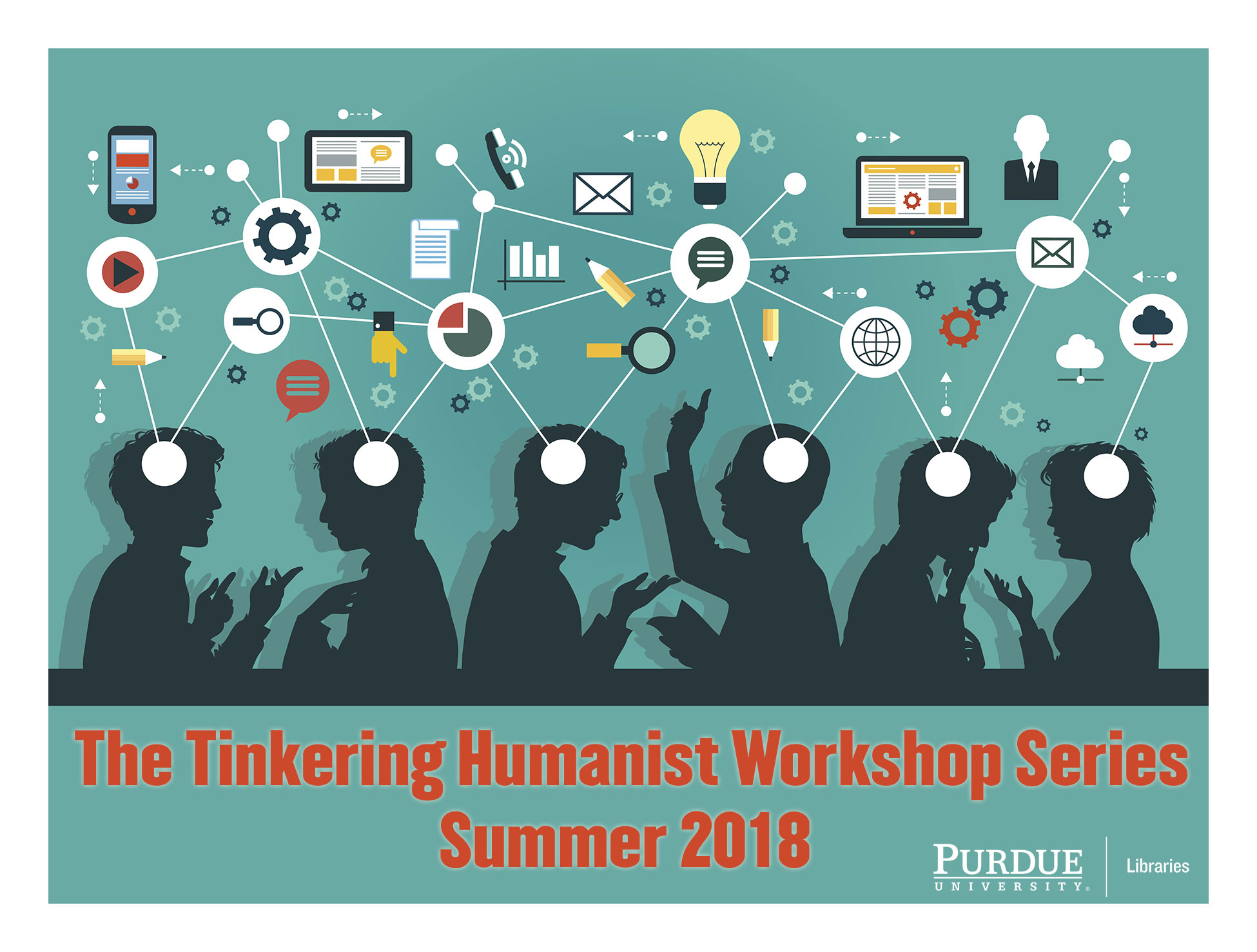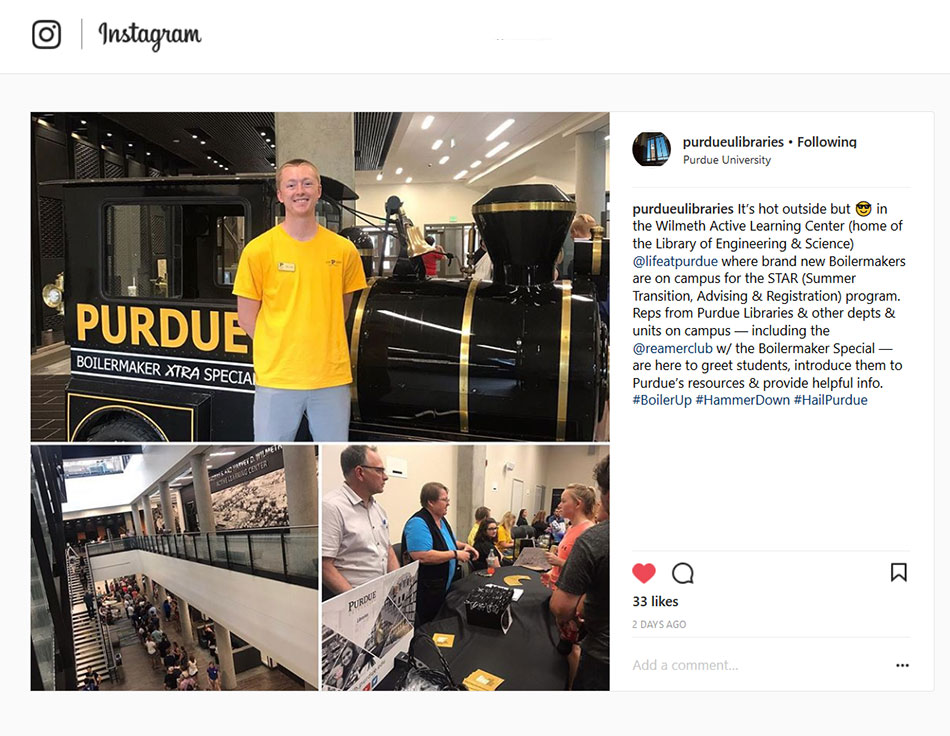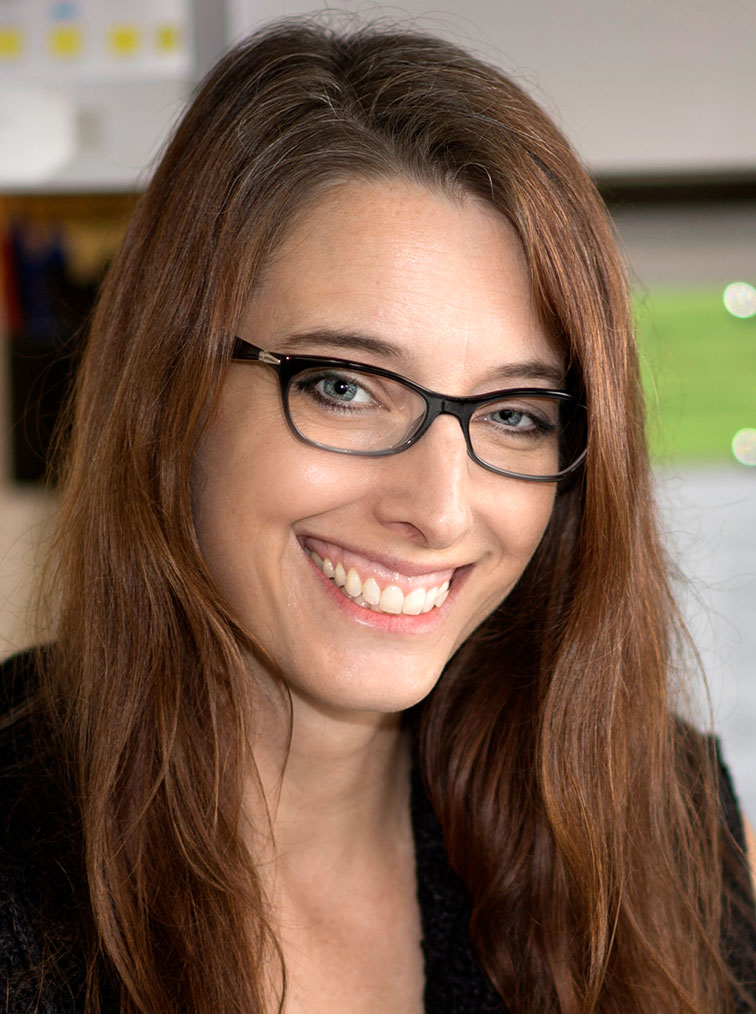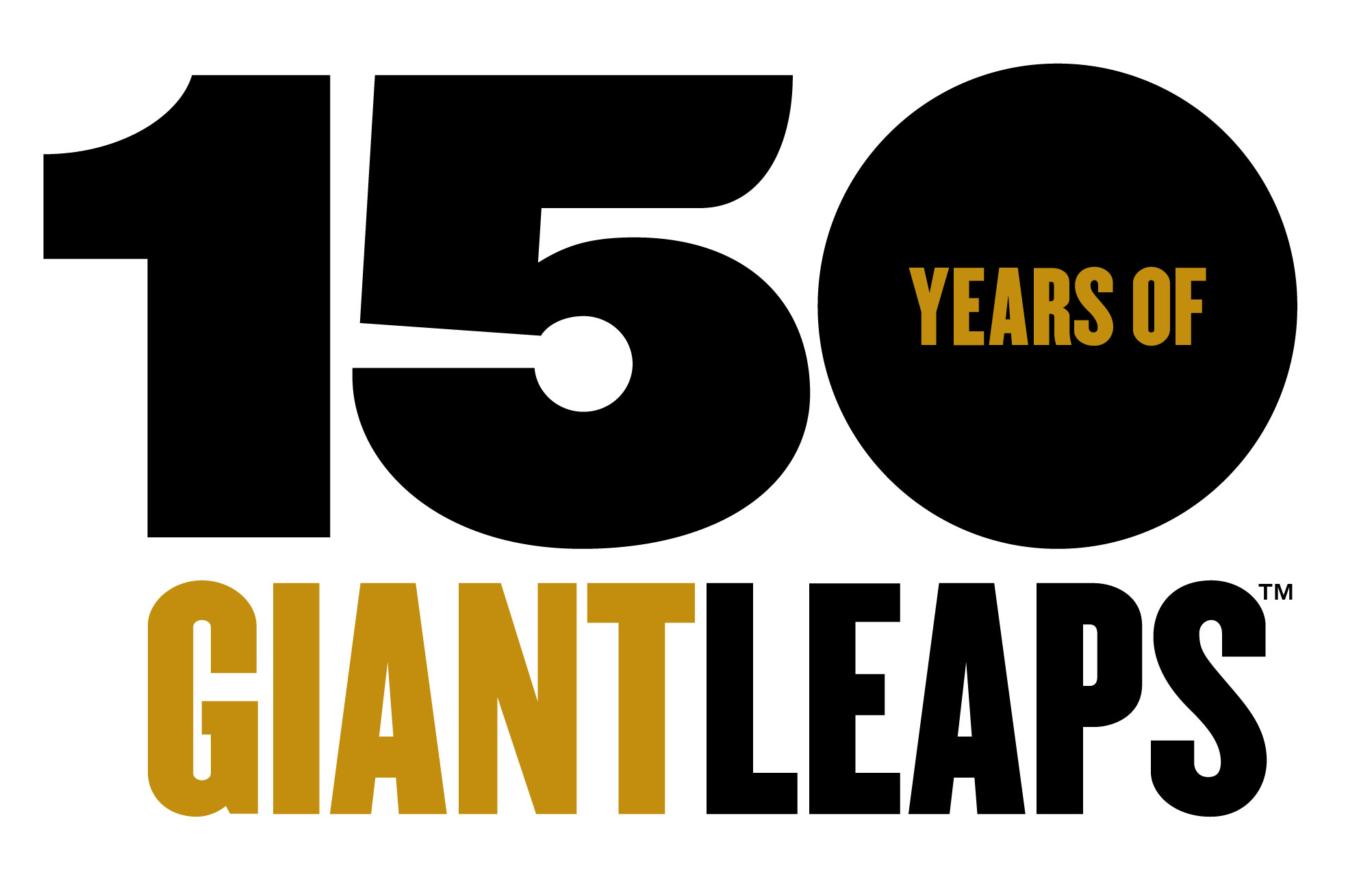 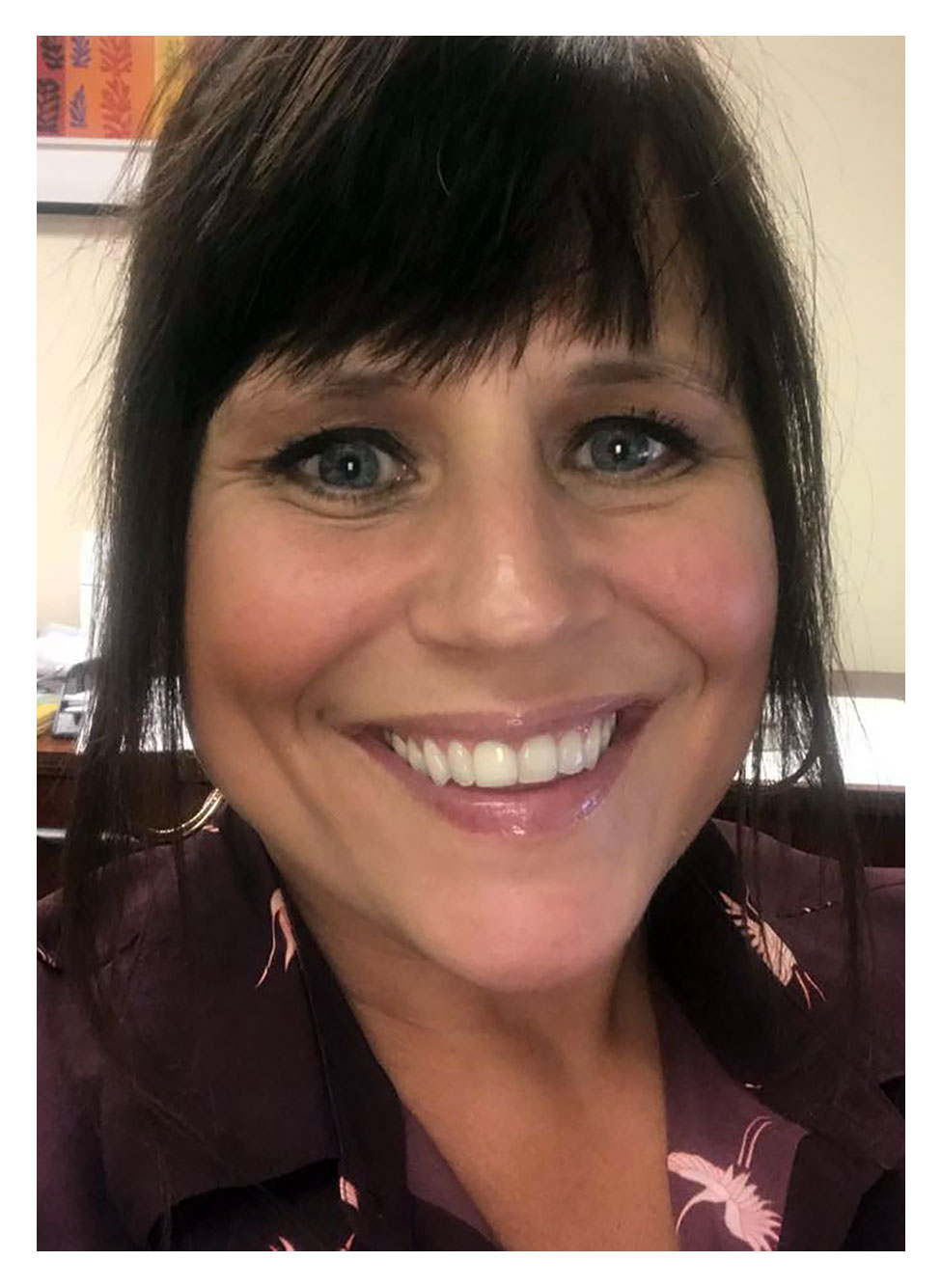 I first heard about Purdue University's sesquicentennial anniversary during my interview (November 16-17, 2016) for my position in Purdue Libraries. Then Dean of Libraries and Esther Ellis Norton Professor James "Jim" Mullins filled me in about the upcoming milestone during our after-dinner conversation, and he emphasized the fundraising and marketing goals, which (I have learned in my 25+ years of working in communications and marketing) are often tied in with such commemorations in higher education and non-profit organizations. Back then, when talking with Jim, I remember thinking it was an opportunity… and I still think that now. I first heard about Purdue University's sesquicentennial anniversary during my interview (November 16-17, 2016) for my position in Purdue Libraries. Then Dean of Libraries and Esther Ellis Norton Professor James "Jim" Mullins filled me in about the upcoming milestone during our after-dinner conversation, and he emphasized the fundraising and marketing goals, which (I have learned in my 25+ years of working in communications and marketing) are often tied in with such commemorations in higher education and non-profit organizations. Back then, when talking with Jim, I remember thinking it was an opportunity… and I still think that now.
While the planning and preparation process (at the University and unit levels) has evolved significantly since I first arrived in early 2017 and, shortly after, joined the University-level sesquicentennial action committee, the plan is now to implement "150 Years of Giant Leaps," which is "inspired by Neil Armstrong’s historic statement on the moon." The University-wide content-marketing campaign (summed up in this new "brand tagline"—a statement that "concisely communicate[s] the core essence, position, and/or value of the organization," per Forbes) has the potential to enhance Purdue University's reputation and position in the higher education market, and beyond, even further. That is the overarching goal.
To rewind just a bit, because of the significance of the milestone, early on in my time here, I assembled an internal, sesquicentennial sub-committee (perhaps more of a working group) to collaborate with Libraries faculty and staff about how best to leverage 150th-anniversary commemoration activities for advancement and marketing messaging. During our monthly meetings, we discussed many interesting event-based activities (which were, at the time, in line with the University-level plans for the yearlong, Sept. 2018-Oct. 2019, anniversary celebration). With "150 Years of Giant Leaps"—only first introduced to Purdue marketers and communicators in mid-April of this year—our internal group's plans (for the Libraries and its divisions) have significantly changed. Now, for the anniversary celebration, the marketing messaging/platforms in the campaign will be primarily digital in nature (meaning content, i.e., videos, infographics, articles, multimedia pieces…) and will be "80% looking forward, 20% looking back." In order to accomplish this successfully, I (we) need input from many more in our Libraries' organization.
Late last week, I learned, as our point person for "150 Years of Giant Leaps," by early next week, I need to provide (to Purdue's internal and external representatives planning the celebration) information about "key focus areas" ("recent initiatives, news of note, research, etc.") and key events within the next 6-12 months. "We will use this data to help build our listening infrastructure and test the data to see what content ideas might generate the most conversation," explained Kelly Hiller, the director of sesquicentennial communications.
Earlier today, in a special meeting with AdCom (our internal committee of dean and associate/assistant deans), we decided to request input to get a better handle on all the research and work (by Libraries faculty and staff) that could contribute to and comprise the content. This content will be prominently disseminated (by Purdue) in our "editorial" month, March 2019, during the celebration. We will use the input to provide the information we need to by next week, as well as develop and refine the content concepts, and eventually, the content forms (video, article, etc.) we implement.
But there is a catch. Our editorial content must align with and/or support "at least" (but preferably all, in different forms) the four "Ideas Festival" themes (also part of the "150 Years of Giant Leaps" commemoration), which have been disseminated through Purdue Today and via Purdue's news service. For convenience, I have listed them below.
While I recognize this a short turnaround time, I would greatly appreciate your input—a brief write-up of your research projects and plans, etc., and how your work aligns with/supports the themes listed below—by the end of the day this Friday, June 22. This will give me time to assemble, and then vet the information through our internal sub-committee and through AdCom before I need to have it to the University-level sesquicentennial communications and marketing team.
Please send your input directly to me at tkoltzen@purdue.edu. And thank you in advance for your help!
150 Years of Giant Leaps: Ideas Festival Themes
Giant Leaps in Space, Earth, Exploration, and Economics
The future of life on Earth and the challenges of expanding into space holds high economic, social, and scientific rewards if we assuage the risk and meet the technological challenges. Can we reach beyond our solar neighborhood? Is a self-sustaining space economy emerging to support this frontier? Can the geopolitical regulations for safety and access be built on the Outer Space Treaty?
Giant Leaps in AI, Algorithms and Automation—Balancing Humanity and Technology
Innovations in digitization, machine learning, robotics, and artificial intelligence are profoundly reshaping every aspect of life. While these advances hold tremendous promise to help tackle critical issues such as poverty and disease, they are also likely to introduce new concerns, such as automation of jobs, cyberwarfare, and tyrannical social engineering. Will we control tomorrow's machines, or will they control us? Finding the right balance between humanity and technology will be critical.
Giant Leaps in Health, Longevity and Quality of Life
Could a child alive today live to 150? Recent advances in genomics and technologies have ushered in a new era of biomedical research to assess, detect, prevent, and treat diseases while optimizing the quality of life over the life course. Discussions around this topic will examine evidence-based methods to prevent and cure disease and optimize quality of life. Scientific frontiers to enable longer and higher-quality human life—including genomic medicine and neurogenesis in later life, as well as behavior change, robotics, and community development—will be addressed.
Giant Leaps to a Sustainable World—Innovate Today for a Sustainable Tomorrow.
In the last 200 years, our population has grown from one billion to 7.6 billion and is projected to be nearly 10 billion by 2050. We will need to adapt to meet the rising demand for food, water, and energy. At the same time, rapid, exponential advances in science and technology continue to revolutionize how we live, think, and work. Can technology, innovation, and the marketplace converge to continue to generate economic growth areas in the global economy? Can humankind create a future in which the demands for food, energy, clean water, climate change adaptation and mitigation, biodiversity, and poverty reduction are reconciled? |


 I first heard about Purdue University's sesquicentennial anniversary during my interview (November 16-17, 2016) for my position in Purdue Libraries. Then Dean of Libraries and Esther Ellis Norton Professor James "Jim" Mullins filled me in about the upcoming milestone during our after-dinner conversation, and he emphasized the fundraising and marketing goals, which (I have learned in my 25+ years of working in communications and marketing) are often tied in with such commemorations in higher education and non-profit organizations. Back then, when talking with Jim, I remember thinking it was an opportunity… and I still think that now.
I first heard about Purdue University's sesquicentennial anniversary during my interview (November 16-17, 2016) for my position in Purdue Libraries. Then Dean of Libraries and Esther Ellis Norton Professor James "Jim" Mullins filled me in about the upcoming milestone during our after-dinner conversation, and he emphasized the fundraising and marketing goals, which (I have learned in my 25+ years of working in communications and marketing) are often tied in with such commemorations in higher education and non-profit organizations. Back then, when talking with Jim, I remember thinking it was an opportunity… and I still think that now. 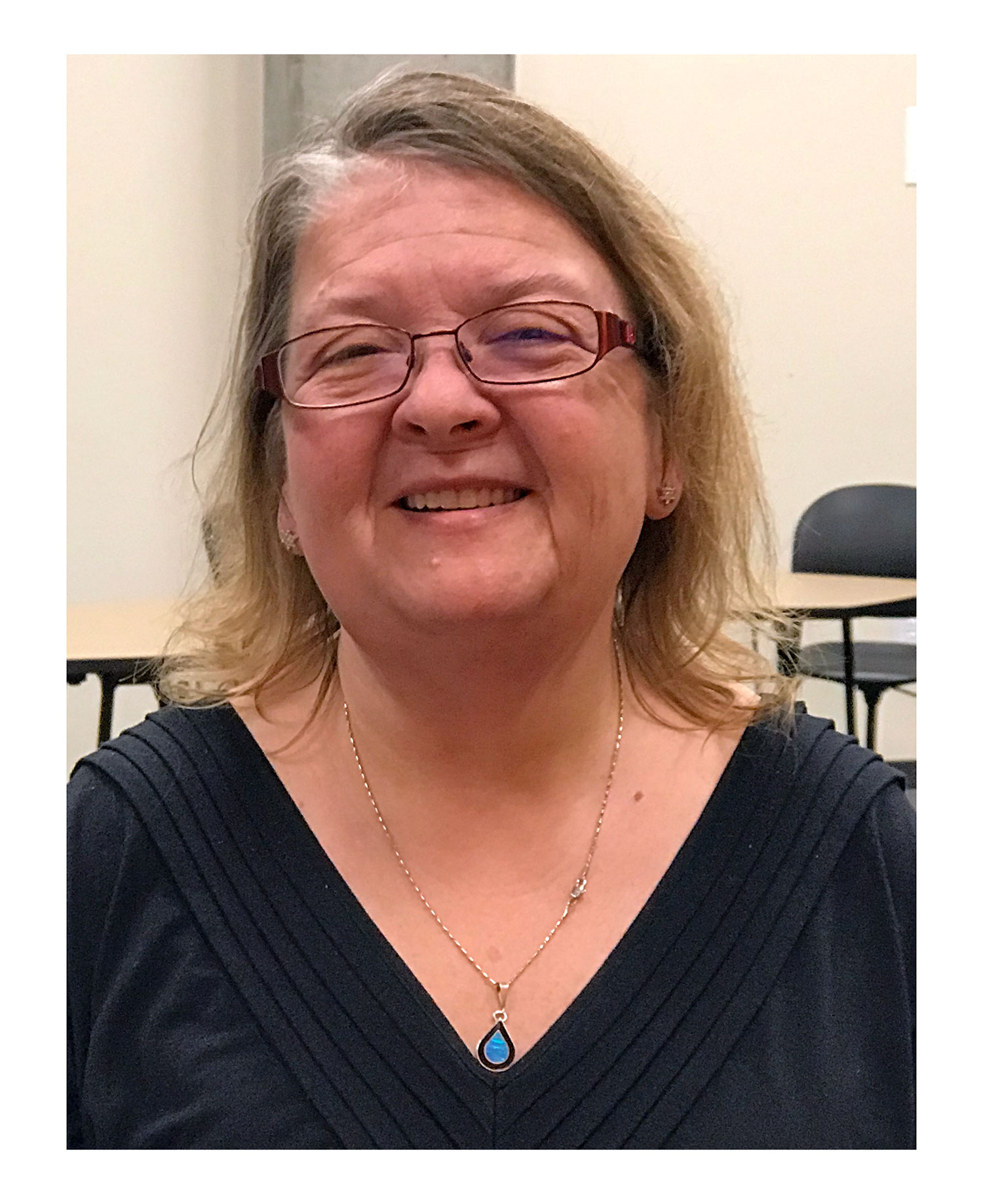 Breaking News! This is the last issue of INSIDe as we know it!
Breaking News! This is the last issue of INSIDe as we know it!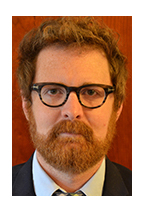 One of the hallmarks of Digital Humanities is the notion of “tinkering,” of exploring new tools and technologies that faculty and educators can use in their scholarship and teaching. In a series of workshops sponsored by Purdue University Libraries, Purdue Libraries Assistant Professor of Digital Humanities Matthew Hannah (pictured on the left) will introduce you to these new tools and discuss some ways to implement them in your research and pedagogy.
One of the hallmarks of Digital Humanities is the notion of “tinkering,” of exploring new tools and technologies that faculty and educators can use in their scholarship and teaching. In a series of workshops sponsored by Purdue University Libraries, Purdue Libraries Assistant Professor of Digital Humanities Matthew Hannah (pictured on the left) will introduce you to these new tools and discuss some ways to implement them in your research and pedagogy.